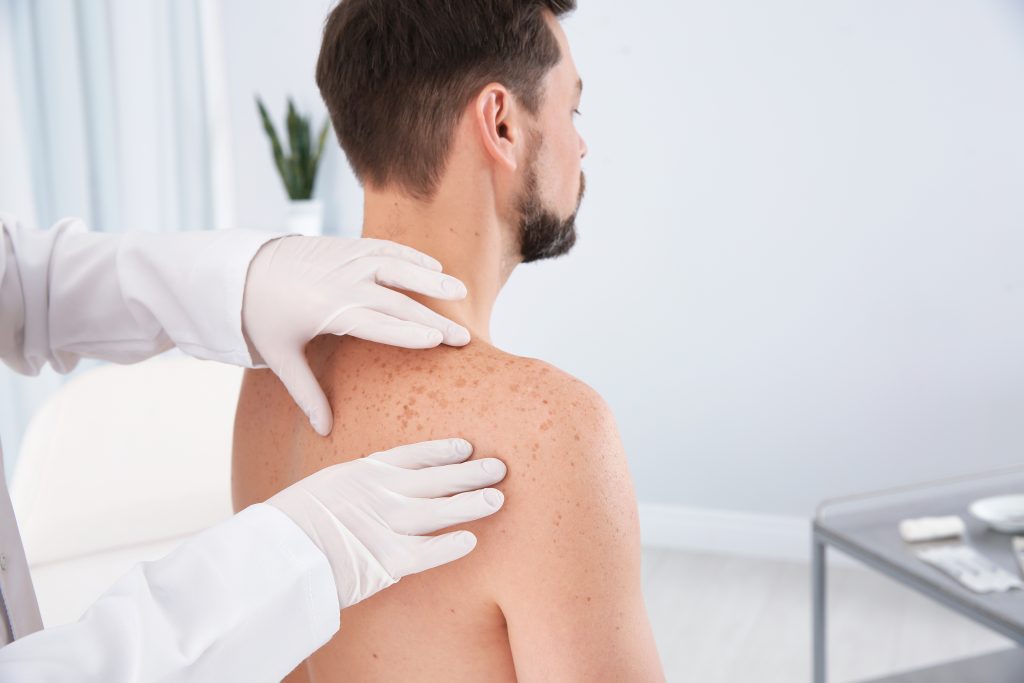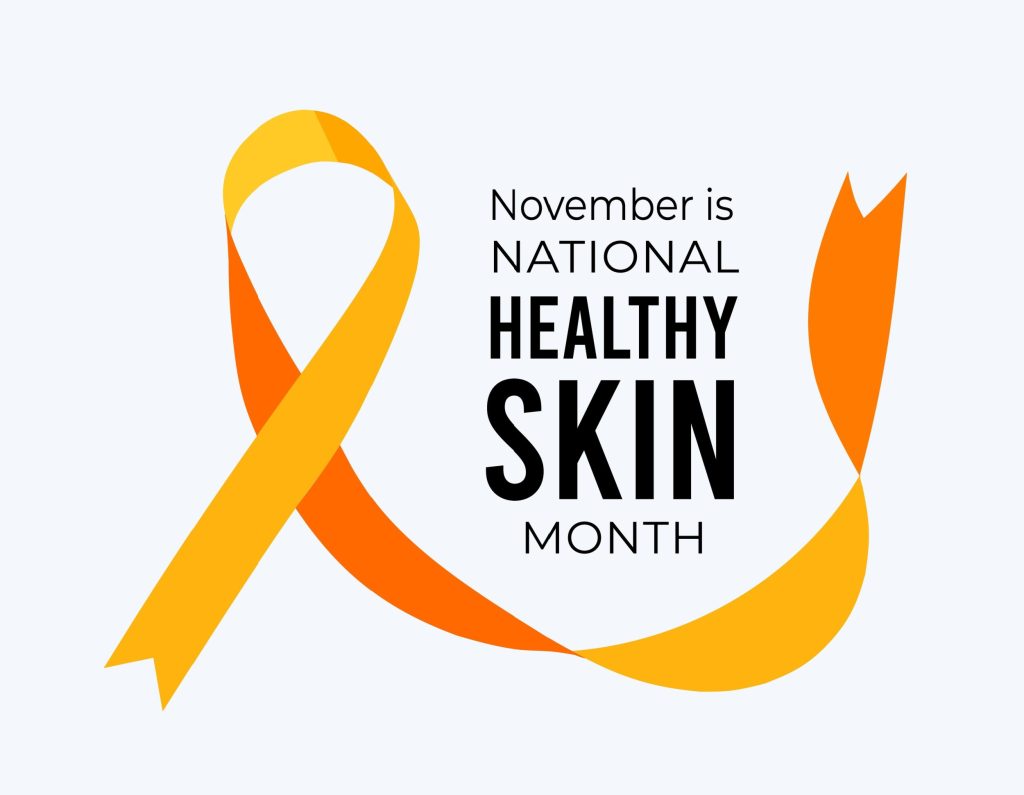
May is more than just the start of really warm Florida weather; it’s also Skin Cancer Awareness Month. As we gear up to face the next few months of record heat – whether by enjoying outdoor activities or spending more time in the air conditioning – it’s crucial to remember the importance of protecting our skin. No matter how much time you spend in the sun, skin cancer prevention is key. Skin cancer is one of the most preventable types of cancer, yet it remains extremely prevalent. The experts at Florida Dermatology and Skin Cancer Centers would like to take a few minutes to shed light on why Skin Cancer Awareness Month matters and provide practical prevention strategies to keep you safe while enjoying the sunshine.
Why Skin Cancer Awareness Month Matters
Skin Cancer Awareness Month holds immense significance in raising awareness about the dangers of skin cancer and promoting prevention. According to the Skin Cancer Foundation, skin cancer is the most common cancer in the United States, with over 5.4 million cases diagnosed each year. This staggering statistic underscores the need for increased awareness and education surrounding this preventable skin disease. Additionally, the American Academy of Dermatology reports that one in five Americans will develop skin cancer by the age of 70, further highlighting the widespread impact of skin cancer on individuals of all ages. By dedicating an entire month to skin cancer awareness, we can empower people just like you to take proactive steps to protect your skin and reduce your risk of developing skin cancer.
The Skin Cancer Foundation reports that when detected early, the five-year survival rate for melanoma, the deadliest form of skin cancer, is about 99%. This statistic highlights the significance of regular skin exams and self-checks in catching skin cancer in its earliest, most treatable stages. By providing education regarding early detection and encouraging regular screenings, we can help save lives and reduce the burden of skin cancer on individuals and communities alike. Skin Cancer Awareness Month plays a crucial role in fostering a culture of prevention and vigilance, ultimately leading to better outcomes for those affected by skin cancer.
Quick Facts on Skin Cancer
According to the Skin Cancer Foundation:
- More people develop skin cancer because of indoor tanning than they develop lung cancer because of smoking.
- More people are diagnosed with skin cancer each year in the United States than all other cancers combined.
- In the past decade, the number of new invasive melanoma cases that are diagnosed annually have increased by 32 percent.
- It is estimated that more than 200,000 cases of melanoma will be diagnosed in the United States in 2024.
- Having 5 or more sunburns in your lifetime doubles your risk for melanoma.
Skin Cancer Prevention
Preventing skin cancer requires an extensive strategy to shield yourself from the harmful effects of ultraviolet (UV) radiation. UV radiation can lead to premature aging and skin cancer, and infiltrating clouds and glass can reflect off surfaces like snow, water, and sand, even when you’re consciously trying to avoid it. What’s concerning is that sun damage accumulates gradually over time, whether you’re engaging in prolonged outdoor activities or simply running errands like walking the dog, going from your car to the store, or collecting the mail.
To safeguard against these skin cancer risks, The Skin Cancer Foundation offers practical recommendations:
- Seek shade, particularly between 10 a.m. and 4 p.m.
- Avoid getting sunburned.
- Steer clear of tanning, and do not use UV tanning beds.
- Protect yourself with long-sleeved clothing, including a wide-brimmed hat and UV-blocking sunglasses.
- Utilize a broad-spectrum, water-resistant (UVA/UVB) sunscreen with an SPF of 30 or higher every day. Apply 1 ounce (2 tablespoons) of sunscreen to cover your entire body 30 minutes before heading outdoors. Make sure to reapply every two hours, or after swimming or sweating excessively.
- Keep newborns away from direct sunlight and apply sunscreen to babies over six months old.
- Conduct a monthly head-to-toe self-exam of your skin.
- Schedule an annual visit to a dermatologist for a professional skin exam.
By making simple modifications to your daily routine and lifestyle, you can reduce your risk of skin cancer and mitigate the effects of sun-induced skin aging. From all of us at FLDSCC, we are here for you. From offering skin exams and prevention recommendations, to effective skin cancer treatment and follow ups, our experts want you to experience an abundant life with healthy skin.
Contact FLDSCC for All Your Skin Care Needs
Florida Dermatology and Skin Cancer Centers provides a full spectrum of dermatology and skin care services, and its team of physicians, APRNs, and PAs are experts in diagnosing and treating skin cancers with the latest technological options. Medical Director, Dr. K. Wade Foster, is fellowship-trained in Mohs surgery, the most effective technique for most types of skin cancers, with minimal scarring or risk.
For more information about the services that Florida Dermatology and Skin Cancer Centers provides, or to make an appointment for a skin exam, visit www.fldscc.com or contact us at (855) FLD-SKIN.


